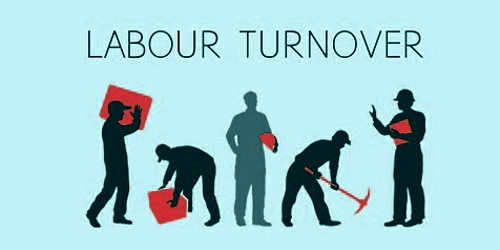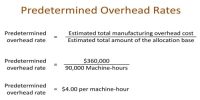As a business manager, staff turnover is one area to keep an eye on throughout the year. High labor turnover can be recognized to a number of factors, from issues with pay scales to clashes with management. Turnover is defined as the percentage of a company’s workforce that voluntarily quits during one year. Employee turnover is an element of change that directly affects your bottom line. In general, the goal is to have low staff turnover to maintain consistency in the workforce and develop more skilled employees.
(a) High-Turnover Causes
For the most part, high turnover is related to employee dissatisfaction with the job. Some specific reasons might include low pay, poor working conditions, long hours, not enough benefits or a negative atmosphere, especially from authority figures. In some cases, a business won’t be able to help much that it has high staff turnover. Businesses that hire seasonally will obviously have high turnover, because seasonal employees do not necessarily come back the following year to work seasonally again. In addition, businesses that hire-students will suffer from high turnover as students move or become too busy to work.
(b) High-Turnover Effects
High turnover is financially costly to the business because it needs to spend time and resources filling the position and training the new employee. This cost can be about 30 percent of the position’s annual salary. In addition, high turnover can lower employee morale and cause a flood of people leaving because they see their peers doing the same thing. High turnover can also make the remaining employees more stressed out because they have to fill in the gaps until a new employee is hired and trained.
(c) Low-Turnover Causes
Employees who have a positive working relationship with their direct supervisors and co-workers are likely to stay at their jobs. In addition, a company that pays well compared with others offering similar jobs is likely to see low turnover. Another cause of low turnover is having room for advancement so employees feel like they can move up- in their careers if they stay at the company. Poor economic conditions can also contribute to low turnover because employees fear not being able to find other work.
(d) Low-Turnover Effects
A company with low turnover is generally quite productive. This is because the employees know and trust each other and are better at their specific roles than a group of employees that sees more turnovers would be. Employees are likely to be more loyal to the company and more willing to devote their personal energy to the job. Low turnover makes it easier for the company to focus its time and energy on the business at hand rather than adapting to new staff.














